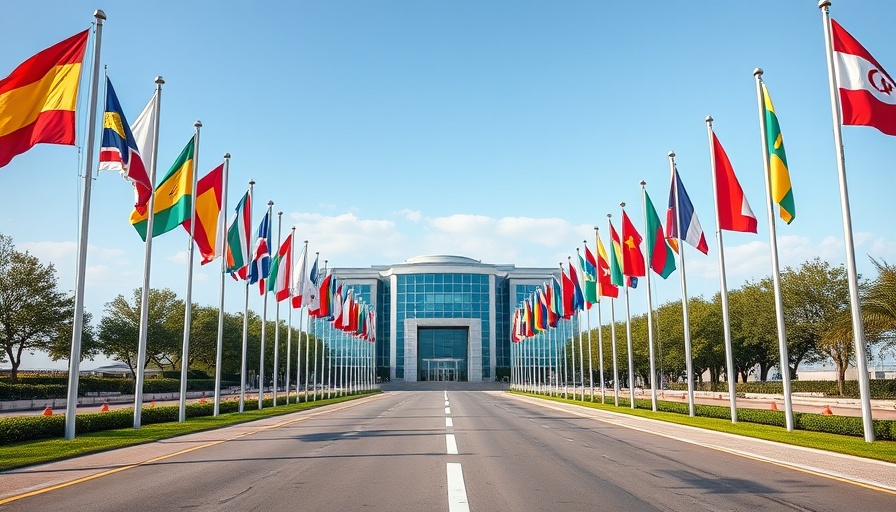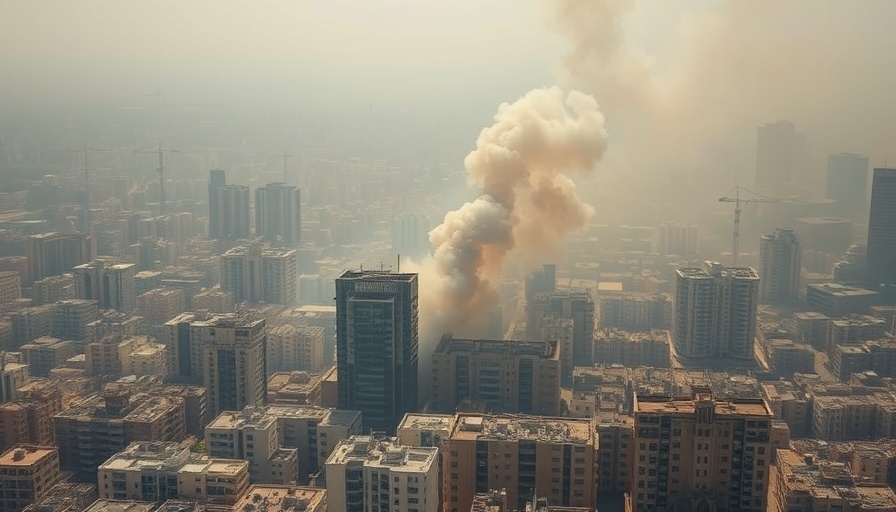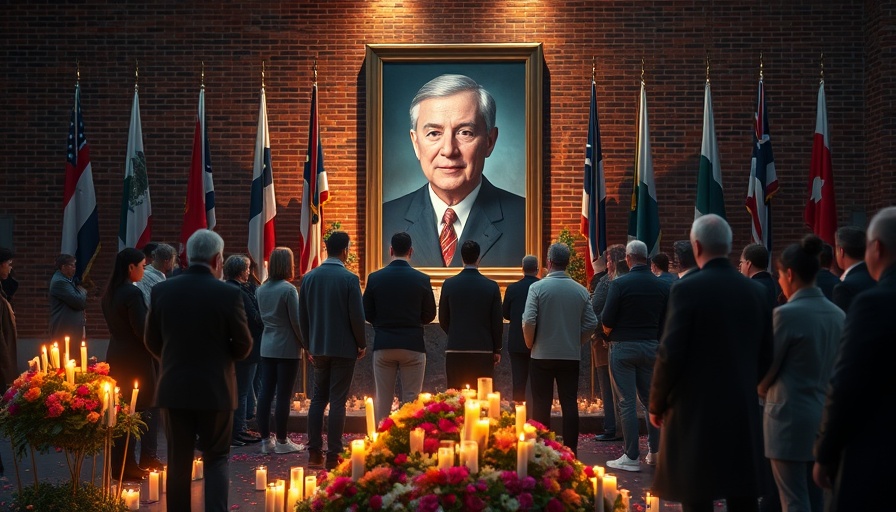
A Gathering of Global Importance in Qatar
Almost 50 Arab and Islamic officials convened in Doha, Qatar, representing a collective voice responding to a significant geopolitical event—the attempted targeted elimination of senior Hamas leaders by Israel. This emergency summit, marked by a call for solidarity among the nations present, reflects the ongoing complexities and fragility of the political landscape in the Middle East. The officials aim to address not only immediate concerns but also long-standing regional tensions.
Historical Context of the Summit
This summit is not an isolated incident; it echoes a lengthy history of conflict and dialogue within the region. The Israeli-Palestinian conflict has seen numerous flare-ups over the decades, each leading to urgent meetings like this. Historical grievances often color the negotiations, making it challenging to achieve consensus although there is unanimous recognition of the need for cooperation in difficult circumstances. Previous meetings in other countries have revealed deep-seated rivalries and differing agendas, which may limit the potential outcomes of the Doha summit.
The Significance of Solidarity and Support
For many of the attending officials, showing solidarity goes beyond mere diplomatic gestures. It represents an assertive coalition meant to express unified condemnation of Israeli military actions and collective support for Palestinian rights. However, within this call for unity lies a web of complex political realities; different nations have varying priorities, which has historically hampered cohesive action. The potential rifts are evident, with conversations about who is genuinely committed to assisting the Palestinian cause versus those driven by self-interest.
The Role of Advocacy and Humanitarian Missions
This summit is especially relevant to Christians involved in social justice and humanitarian efforts. As advocates for peace and reconciliation, these believers are encouraged to reflect on the importance of dialogue—not only within their own communities but also across faith lines. Humanitarian workers often find themselves in the crosshairs of geopolitical conflict, and they play a critical role in providing for those displaced and suffering because of ongoing tensions in the region.
Future Predictions: What Lies Ahead?
Future discussions may be influenced by the outcomes of this summit. Analysts predict that while there might not be immediate breakthroughs, the dialogues could pave the way for renewed emphasis on established agreements and re-evaluating international relations. With the complexities of regional politics, interest groups on both sides may mobilize to influence the follow-up actions based on the summit’s resolutions, showcasing their clout in the geopolitical landscape.
Understanding Local Perspectives: Christian Involvement
For Christians engaged in both local and international development efforts, this situation is not just a matter of foreign policy; it’s intertwined with their faith and mission. Individuals are encouraged to be sensitive to the local perspectives, understanding that support for humanitarian efforts often requires navigating complex socio-political landscapes. Efforts can both alleviate suffering and promote long-term peace, reinforcing that advocacy in support of human rights is integral to Christian mission efforts.
Encouragement for Ongoing Engagement
In light of the significant developments taking place and the intricacies involved, it is vital for Christians and humanitarian advocates to maintain an active interest in the Middle Eastern affairs. This summit serves as a reminder of the interconnectedness of global issues and how local actions can have wider implications. To support efforts for peace and reconciliation, communities can promote dialogue, educate themselves about the dynamics at play, and engage in advocacy that prioritizes humanity and social justice.
 Add Row
Add Row  Add
Add 








Write A Comment